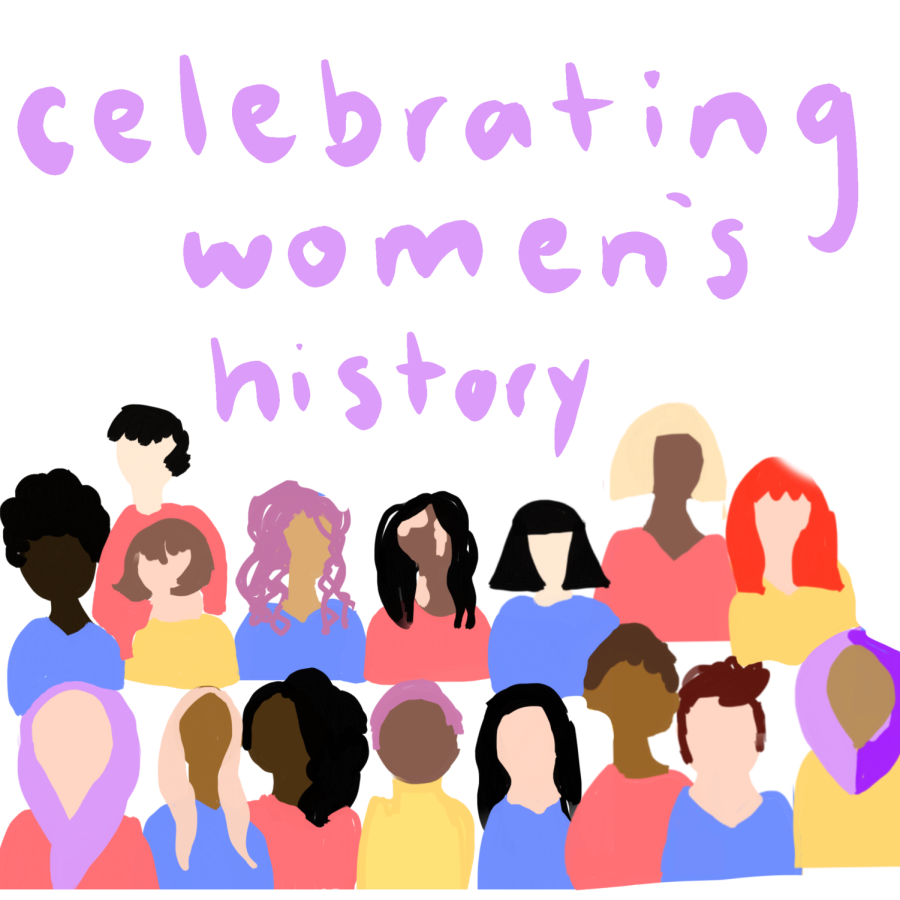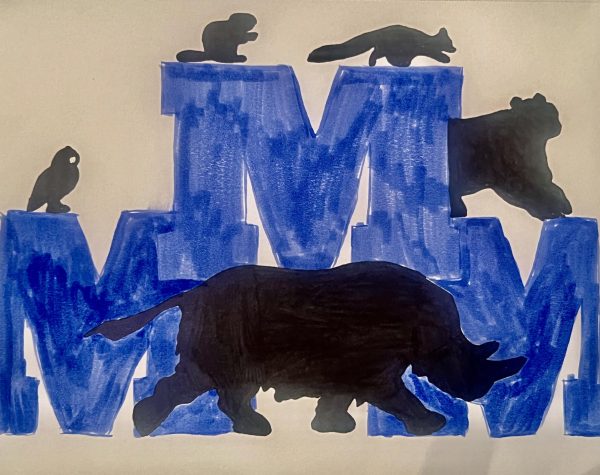Celebrating Women’s History Month
Each year, March is recognized as Women’s History Month by means of presidential proclamation. This month brings light to women’s contributions in American history and provides an opportunity to honor the generations of innovative women who have contributed to building our nation.
Women’s History Month dates back to 1978, beginning as a local celebration in Santa Rosa, California, when the California Commission on the Status of Women set aside the week of Mar. 8 to be recognized as “Women’s History Week.” The movement traveled across the country as Women’s History Week became instituted by other communities. In 1980, a league of women’s groups and historians began the National Women’s History Project (currently the National Women’s History Alliance) and victoriously urged for national identification. President Jimmy Carter proclaimed the first Presidential Proclamation allowing the week of Mar. 8, 1980, to be known as National Women’s History Week.
The presidents following Carter instituted a National Women’s History Week in March until Congress passed Public Law 100-9 in 1987, appointing March as “Women’s History Month.” Each year, a theme is selected by the National Women’s History Alliance. For 2021, the theme was “Valiant Women of the Vote: Refusing to Be Silenced.” This year’s theme was “Providing Healing, Promoting Hope,” a tribute to caregivers and frontline workers and a recognition of the ways women across the nation have provided healing throughout history.
Regardless of hardship, exclusion and discrimination, women have strived for equality across the country. Picking up where the heroines before them left off, present day women and girls continue to enforce the mission of making sure their daughters have the same opportunities as their sons.
Sophomore Eliza Fucci, a member of the Girl Up club, stated, “Women’s History Month is significant because it is important for us to reflect on not only how hard women have worked to earn the rights that we have today, but also to recognize that the world is still unequal, and we need to work to make a change.”
Fucci feels that schools should ensure that Women’s History Month is recognized, and discussions should be had about gender inequality. She shared that her favorite female role model is Taylor Swift because “she sets an example for women everywhere by encouraging them to stand for women’s rights whether it is through her song lyrics or her speeches.” Her favorite example of this is in Swift’s song called “The Man,” where she sings about double standards for women.
“Women’s History Month is incredibly significant and should always be celebrated to remember how far women have come,” said social worker Kerrilyn Surdi. “Having rights as a woman is new, and we are still fighting to have equal rights and pay. It should be celebrated to educate and inspire all genders to create an equitable society.”
Surdi agrees with Fucci in the sense that Taylor Swift is a strong female role model “due to her courage and constant work on equal rights in the music industry.” Surdi added, “She is always such a strong advocate for women and creates real change.” She feels that schools can bring attention to Women’s History Month by teaching students of the past inequalities that women faced and still do face. Often, women are unaware of unequal rights or unequal pay until after the fact.
“To me, the significance of Women’s History Month is not only celebrating women but to acknowledge how far we have come in recent years,” said social worker Julie Chaffee. “It is hard to imagine that just in this past century, women have been given the right to vote, to be in the workforce, earn equal pay, and run for government positions.”
Chaffee said that Women’s History Month is an important reminder of the continuing fight for women’s equality and autonomy. She believes that schools should bring more attention to Women’s History Month because it is important for young women to feel empowered and see the examples set by those who came before them.
Overall, Women’s History Month is a celebration of the strength of women and all of their contributions to society as well as a reminder that the fight for equality is far from over. As stated by Australian feminist GD Anderson in Vogue Magazine, “Feminism isn’t about making women stronger. Women are already strong; it’s about changing the way the world perceives that strength.”








































